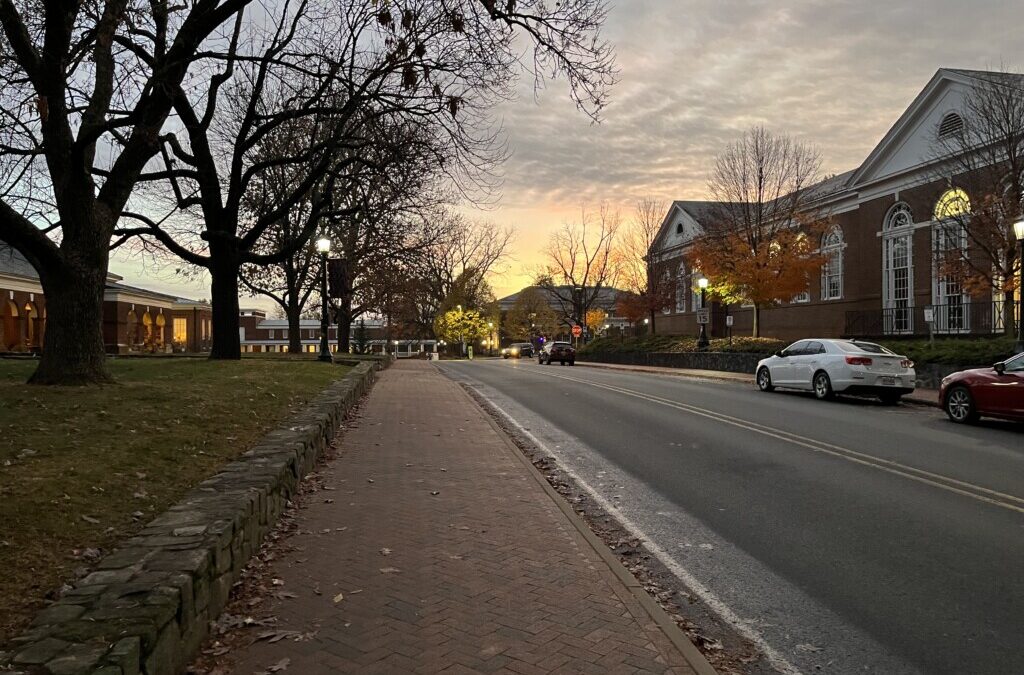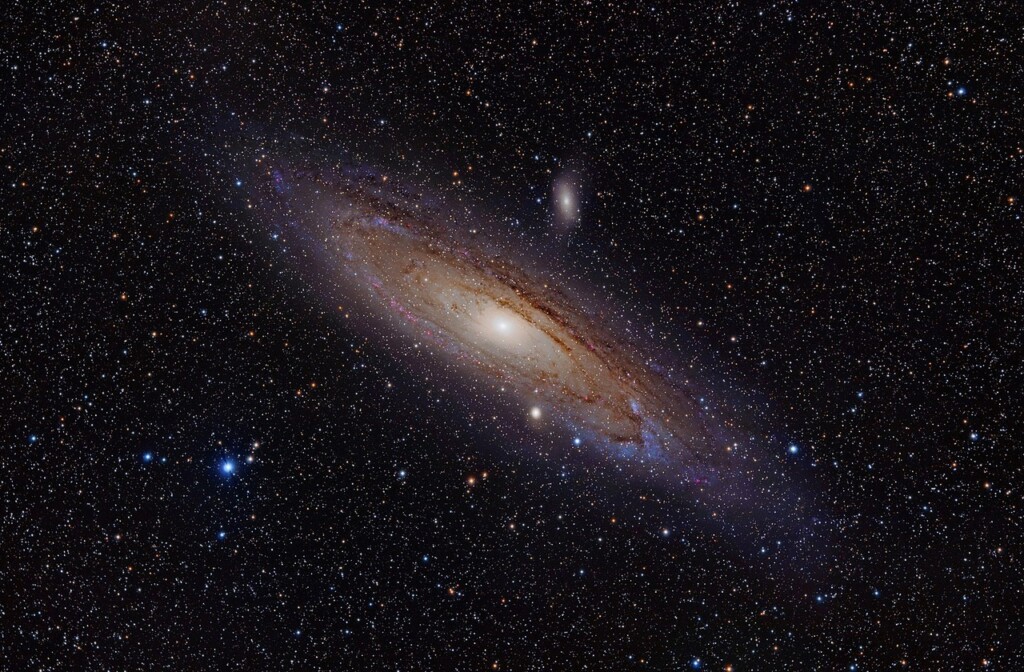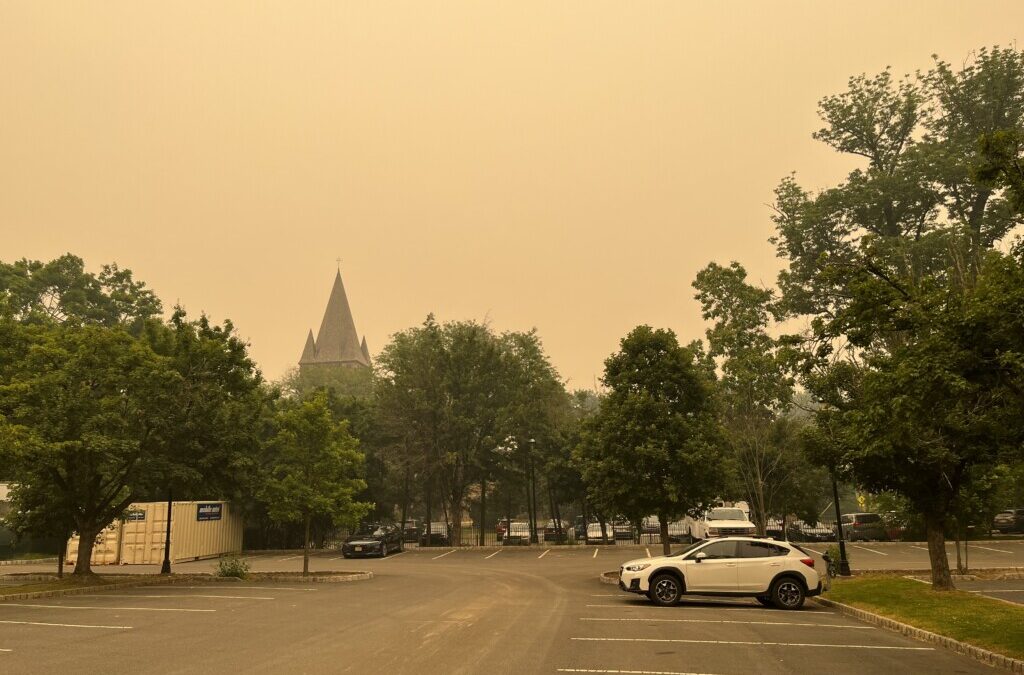
Driving to Page
I sent dozens of photos to my grandparents’ electronic photo frame.

I sent dozens of photos to my grandparents’ electronic photo frame.

Even I am not enough of an instruction fundamentalist to get a measuring cup out while cleaning the toilet.
Bible passages, sermons, vows, unity candles, unity candle alternatives (beer-based)—I’ve got something to say about all of it.

She can come to the phone right now, because if she has died, she has also risen.

For all the pious academic talk about deep and careful reading, our fields run on quick glances and hurried skims.

The piece is therefore about both an escape from the material and a return to it: its horn calls and dance rhythms are both earthbound and transcendent.

When I see these things in a real bookstore, I could be convinced there’s a conspiracy afoot.

Our hope for the post calvin is that writing does not feel like shouting into the void.

It’s a kind of mental treadmill, a sprint that doesn’t get me anywhere except tired.

That mirrorverse that convinces us that the only way to love something is to dissect it.

Luck doesn’t prove virtue.

Who knows what lurks in the catacombs of Spotify if you search “jazzy organ”?

I don’t know what “knowledge is merely daylight masquerading as God” means, but it sure sounds true.

From this vantage point, a few tax credits for home solar panels (imagine owning a home!) doesn’t feel like hope.

Is God deceiving us? Maybe!

If I was magically transported to the 1982 EPCOT Center, I think I’d know how to get around.

The best posts are the ones that remind us why this place keeps going.

Congregational eye-rolling intensifies.

No doubt a historical trigonometrist could measure the percentage of Weathertop that fell below the horizon each hour, though that study has yet to be published.

When I picked it up in disbelief, the beautiful initial N stared (yes, manuscripts can stare) into my soul.

Is it such a bad thing to stop reading a book like scripture and start reading it like a book?

No wonder my eyes sting when I go outside; the air’s full of tiny demonic scorpions.

Sin, in other words, might be where the rubber meets the road.

Conspiracies form at night. So do revolutions.

Two monuments then, intertwined: one to wonders and another to horrors.

“I’ve tried this book before,” said I, “with the success of a sore-legged predator. It stings and slogs in a circus of circumlocutions.”

What if our words were less like swords (sharpened, polished) and more like textiles—equally demanding to make, but designed to warm rather than to wound?

Our teachers are each other.

Rusty antennae form a kind of industrial crown of thorns, and the typeface doesn’t say “beach day” as much as “we interrupt this program to bring you a SEVERE WEATHER ALERT.”

You could smell the hesitant air looking for its next class in all the wrong buildings.